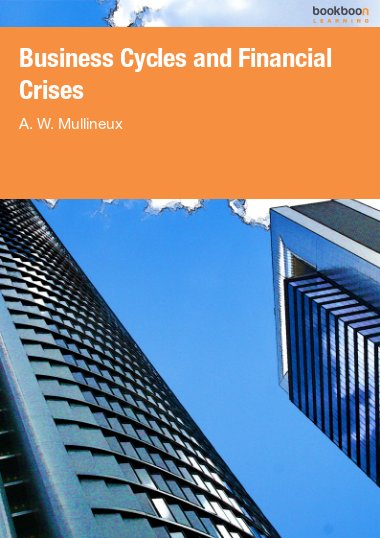My interest in business cycles was rekindled by Professor Jim Ford, my mentor during the first part of my career at the University of Birmingham. Since completing my PhD on business cycles in 1983, my lecturing and research had focussed on money, banking and finance. Jim introduced me to Shackle’s much neglected work on business cycles, which is discussed in Chapter 4 and emphasises the key role bank lending decisions play in the propogation of business cycles.
The 2007-9 Global Financial Crisis (GFC) was a clear demonstration of the role of bank lending in the propogation of financial crises and business cycles and a reminder that Minsky’s financial stability hypothesis, discussed in Chapter 3, had also been reglected, but remained highly relevant to modern banking systems. Indeed the onset of the GFC has been described as a ‘Minsky moment’ when the euphoria of the credit and house price bubbles in the US and elsewhere, turned to ‘revulsion’ and panic, resulting in a major recession.
This second edition revisits the topic of the role of the banking system in generating financial crises and business cycles in the light of the biggest financial crisis since the 1930s.
Andy Mullineux
Professor of Global Finance
Birmingham Business School
University of Birmingham, UK.

